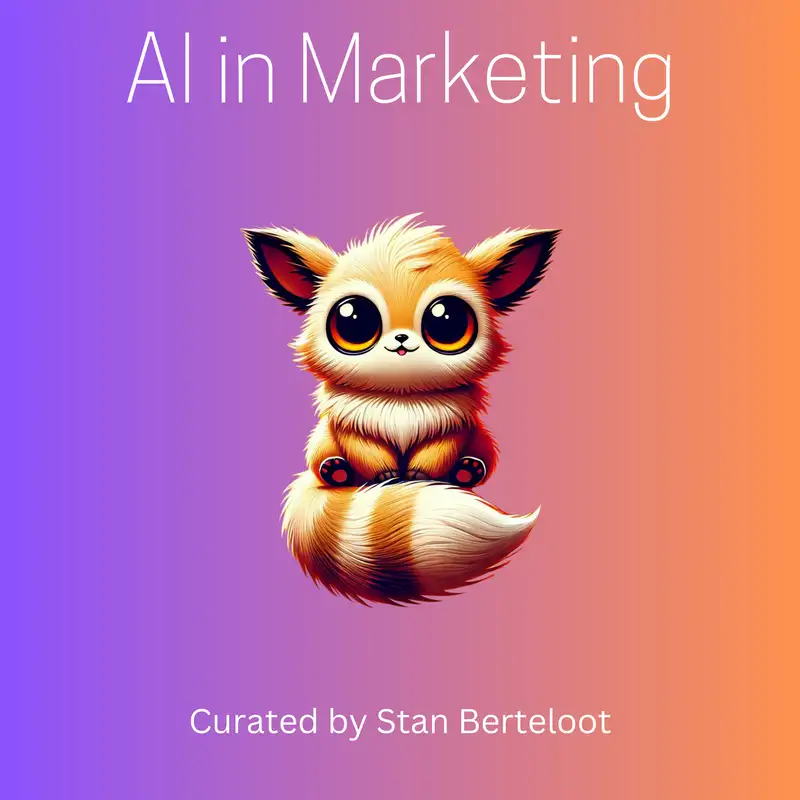Identity Theft Surge and AI's Double-Edged Sword: Navigating Security, Machine Translation, and OpenAI vs. Meta Dynamics
Download MP3
Identity theft reports have surpassed 1.1 million, highlighting the challenge of balancing security with user convenience amid rising AI-fueled fraudulent activities. The FIDO Alliance reports a 53% increase in customers noticing suspicious online activities, emphasizing the need for secure, user-friendly authentication solutions.
Machine translation has advanced significantly, utilizing large language models and neural networks for nuanced, context-aware translations. Despite progress, these tools struggle with deep cultural understanding and high-stakes communications, underscoring the limitations of AI in language localization.
In travel planning, AI tools like OpenAI's Operator demonstrated potential by organizing a last-minute trip, suggesting destinations and navigating train schedules. However, limitations were evident with session timeouts and the need for human intervention, hinting at AI's future role in easing travel planning burdens.
OpenAI is adjusting compensation strategies to retain top talent following high-profile departures to Meta. This includes intensified discussions with employees and creative reward approaches, amid reports of Meta offering significant signing bonuses to attract OpenAI
About:
Stan Berteloot is a French journalist, marketing strategist, and AI expert based in Princeton, New Jersey. A University of Maryland journalism graduate, he navigates the intersection of storytelling, technology, and culture.
As Head of Strategy and CTO at Nytro Marketing, he pioneered AI-driven content creation, launching the AI in Marketing podcast. He also hosts Back in America, a podcast exploring American identity through in-depth conversations on race, misinformation, and AI ethics.
Sources:
- https://venturebeat.com/security/identity-theft-hits-1-1m-reports-and-authentication-fatigue-is-only-getting-worse/
- https://martech.zone/human-versus-machine-translation
- https://www.wired.com/story/i-let-ai-agents-plan-my-vacation-and-it-wasnt-terrible/
- https://techcrunch.com/2025/06/29/openai-reportedly-recalibrating-compensation-in-response-to-meta-hires/
- https://techcrunch.com/2025/06/29/trump-says-hes-found-a-buyer-for-tiktok/

